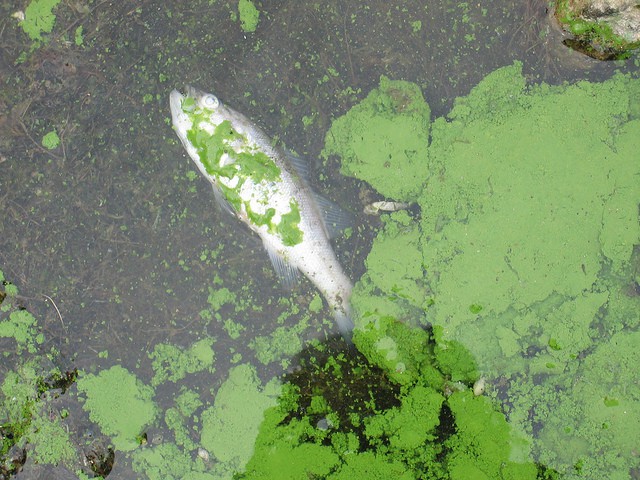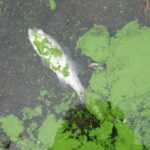When serious environmental issues are being discussed, global warming and deforestation are the primary subjects of discussion. The depletion of the ozone layer is another such environmental issue that people are aware of. However, there is one environmental issue which is not very well known among the general public, the eutrophication of water bodies. But what is eutrophication?
Eutrophication is nothing but the enrichment of water bodies (by natural means or by the actions of humans) leading to an abundance in plant growth. To the laymen, this phenomenon might come across as a positive one, but in reality, eutrophication can have extremely adverse effects on the ecosystem. Therefore, here are a few effects of eutrophication on the ecosystem.
The growth of phytoplankton has sped up to alarming rates. These species of phytoplankton are not edible and are generally quite toxic.
The zooplankton which is gelatinous in nature also grows alarmingly quickly in these enriched water bodies.
Eventually, the transparency of these water bodies diminishes rapidly and they become increasingly opaque. This makes it difficult to perceive the depth of the water body.
There also arises a change in the colour of the water owing to the excessive growth of plant life in it. It is generally accompanied by a change in the smell of the water body as well.
The chemical equilibrium which is observed in many aqueous solutions may not be so easily achieved with solutions where these waters are used as solvents.
Thus, eutrophication can have many adverse effects on the environment. To learn about more concepts in environmental chemistry such as the adverse effects of burning fuel on the environment, subscribe to the BYJU’S youtube channel.


